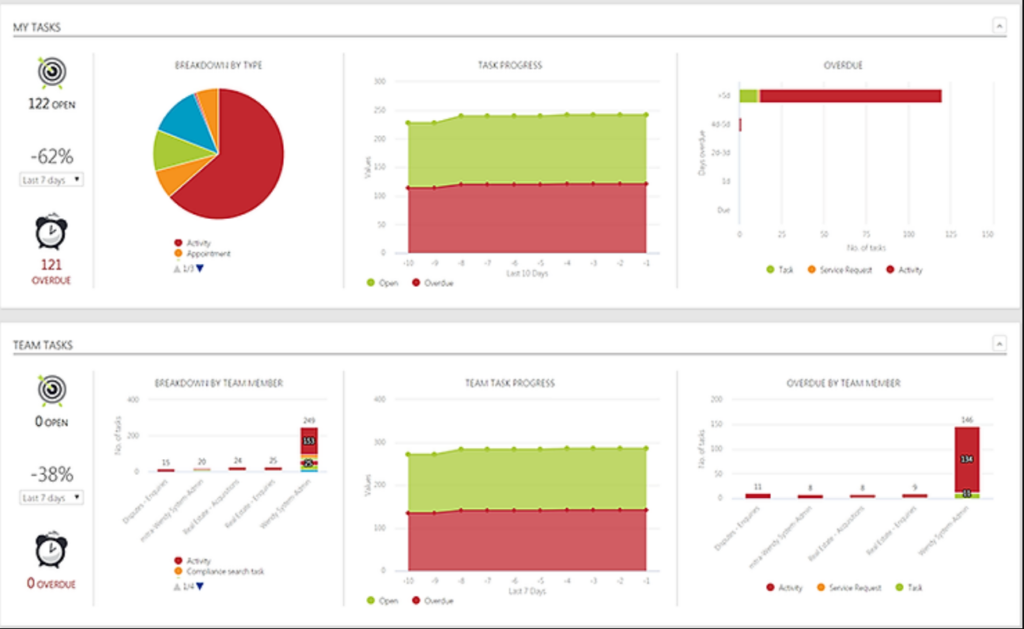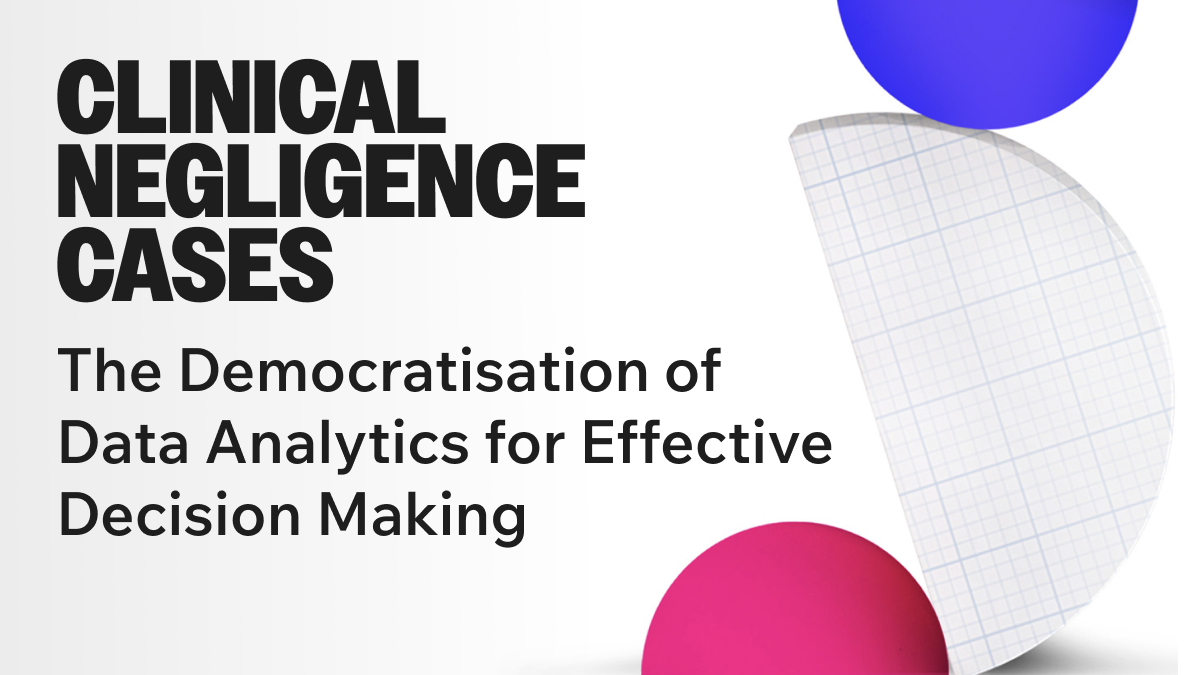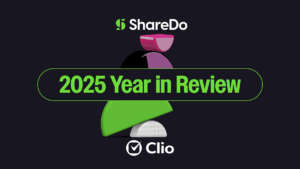The challenge
Each year the NHS receives more than 10,000 new claims for compensation. Current estimates, obtained from a recent Freedom of Information Request by the BBC, put the total costs of outstanding claims at £83bn, with associated legal fees estimated to be in the region of £4.3bn. This trend of increasing claim numbers and higher value settlements is putting more pressure on the NHS budget. In fact, the cost of outstanding claims equates to over 65% of NHS England’s total budget for 2018-19.
In today’s climate of socio-economic disruptions and high demand for NHS services, the pressure on public services to perform under heavy budget cuts is ultimately putting a huge strain on the NHS.
alls for Reform
Reducing the Complexity Burden
Democratisation of Data in Decision Making

Analytics in Context
Data driven decision making (DDDM) is a process that involves collecting data based on measurable KPIs in context, analysing and presenting patterns and facts from these insights, and utilising them to develop strategies and actions that benefit both you and your client.
By delivering analytics in the context of work activities, ShareDo empowers legal professionals, without technical expertise, to analyse and extract insights to inform decisions throughout clinical negligence case journey. Critical insights that can support you and your client to:
PREDICT & FORECAST
Accurate forecasting of timescales, quantum and settlement outcomes
Accurately project compensation fund release through predictive settlements;
ANALYSE & TRACK
Real-time analysis of reserving accuracy, budgets and costs tracking;
Manage and track reserve accuracy through reserve predictions, benchmarking and tracking;
Guard against any unconscious biases with empirical evidence to underpin expertise
IMPACT & ACTIONS
Data-driven decisions with insights that go beyond the dashboard;
Utilise real-time negotiation analytics and know-your-opponent data within the offer process for improved settlements.
The Path to Success
It is understood that while data-driven-decision-making through predictive analytics itself is a new and emerging category of software, the business drivers behind it are not, and in order to be successful, law firms will need to move quickly to keep abreast of the changes, reshaping structure, systems, and the method of delivery of legal services.
By embedding data analytics into the central clinical negligence case journey, firms can streamline internal business processes, identify unfolding trends, interpret and monitor emerging risks, and build mechanisms for constant feedback, forecasting and service improvement to their clients. Ultimately, businesses that deliver usable analytical solutions outperform their peers financially by 20% [source Gartner]. Driving analytics into everyday decision support will thereby enable you to gain competitive edge and stay at the forefront of digital disruption.





